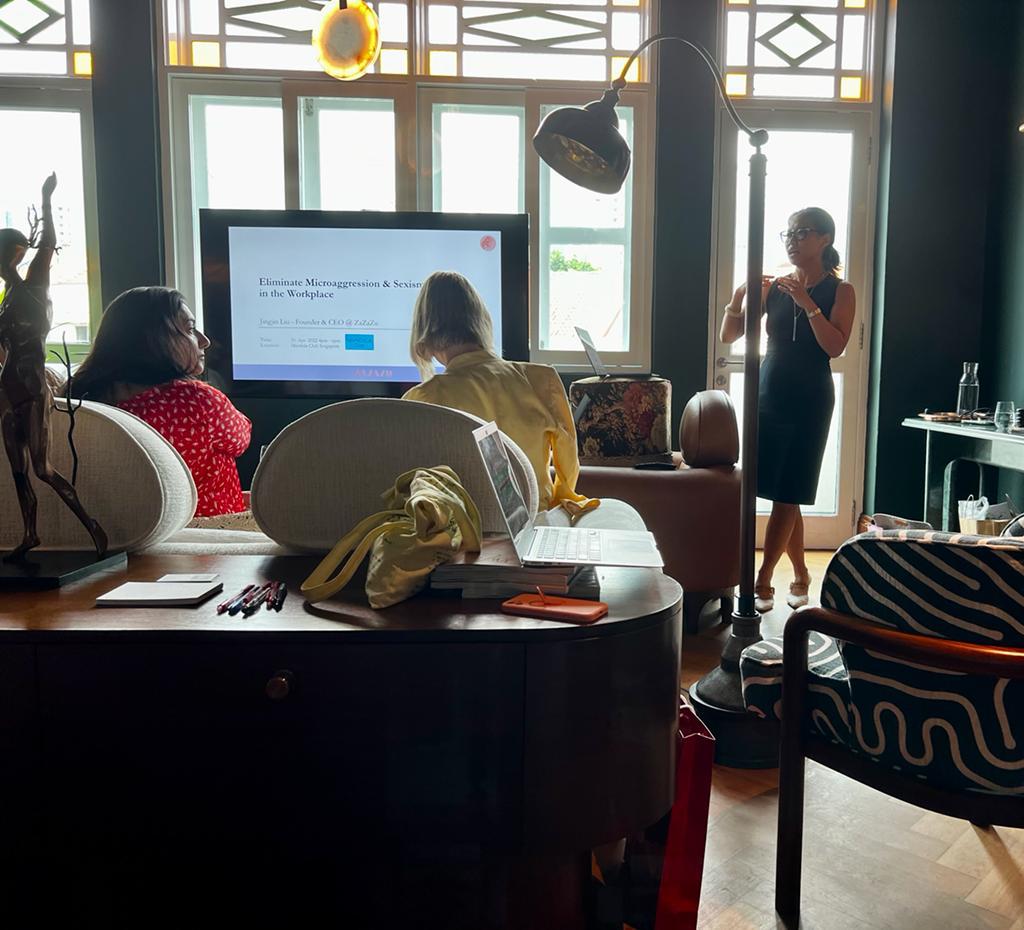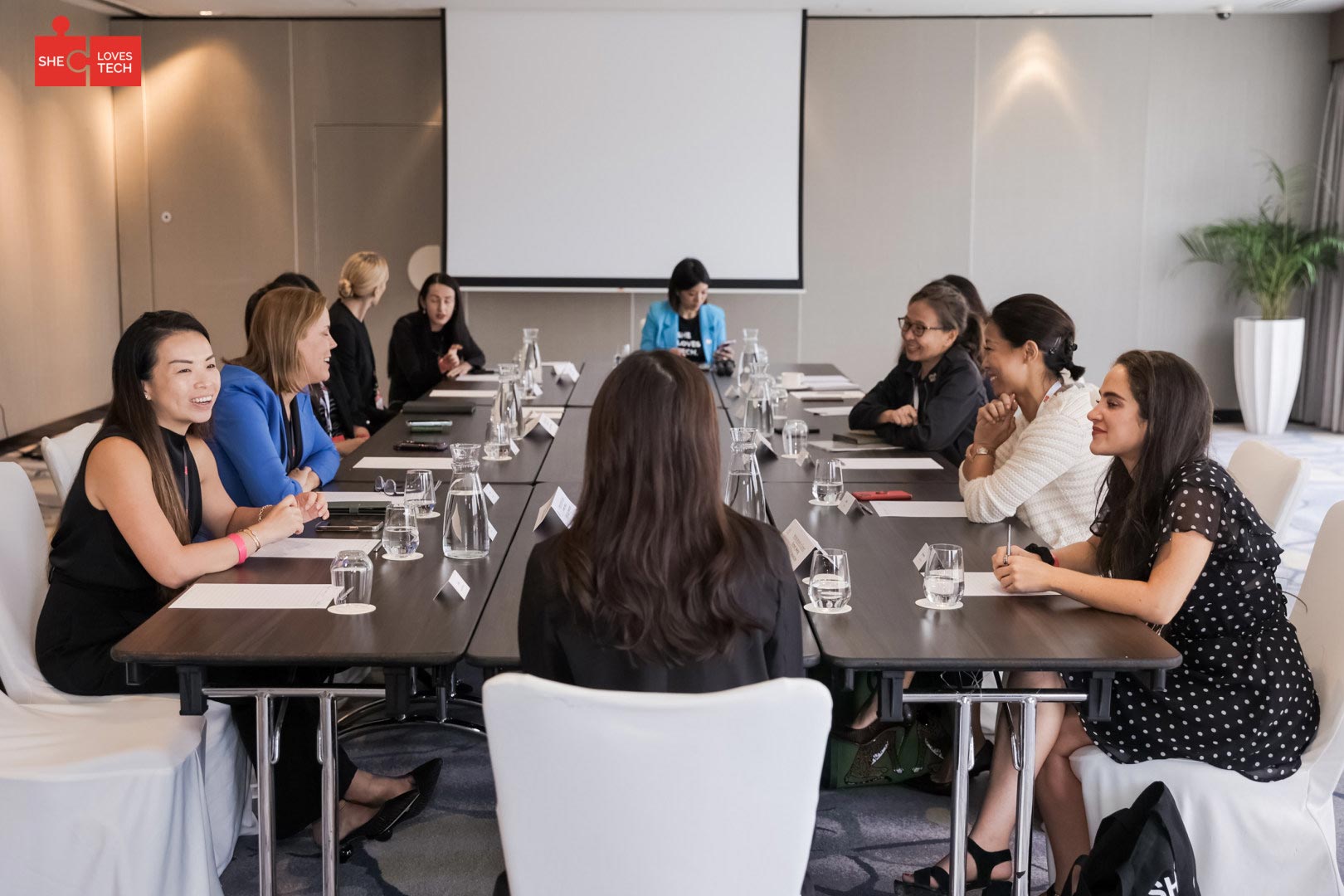
Featured
Microaggressions happen everywhere, including at work. We may call microaggressions “micro” aggressions, but their cumulative impact can be measured on a “macro” scale…
Day-by-day, slight-by-slight, microaggressions can feel like “death by a thousand papercuts.” Given that most folks spend the majority of their lives at work, microaggressions in the workplace have a profound impact on people’s mental, spiritual, and even physical health.
An Asian-American woman born in America may hear such phrases when she expresses offense at the question: “Where are you really from?” A Black man’s hurt may be belittled when he’s told he’s “overreacting” when a co-worker calls him “one of the good ones.” And someone from the LGBTQ* community may be considered overly sensitive if they get fired up when someone remarks: “That’s so gay!”
Most of the time, it’s true that the speaker has no intention of causing offense or pain. People are often unaware of how their words or actions impact the recipient, whose experiences differ so much from their own. But regardless of intention, these instances of “microaggressions” have real effects on people’s lives. Much like unconscious biases, being unaware isn’t an excuse for perpetuating harmful behaviors or beliefs.
In this workshop, we will learn
– the various types of microaggressions,
– understand how it manifests at work,
– what to do when you’ve committed a microaggression (yes, everyone has committed unconsciously microaggressions) and,
– craft a plan to recognize and manage potential microaggressions when they surface to protect yourself and company cultures

Yes, Kamala Harris, the first female Vice President of the United States, was just sworn into office in 2021. We should celebrate this milestone!
But for Millennial women working in male-dominated fields where the boys’ club is still somewhat a thing, a workplace free of gender bias can seem like a pipe dream.
It’s also true that in the past 40 years, we have seen a steady increase of women entering male-dominated STEM fields (science, technology, engineering, and math) — another milestone to celebrate. However, according to research, women in male-dominated careers face challenges such as:
Lack of support (both emotional and financial).
Feeling incompetent.
Mistreatment.
Lack of a voice.
While there are reasons to think the workforce is moving in the right direction, many women are not yet experiencing the benefits.
In this workshop, you will learn as an organization:
Overall strategy how to attract female talents into a male-dominated domains
Creation of a workplace culture that is inclusive and embraces diversity
Building psychological safety for men and women at work
In this workshop, you will learn as an individual practical tips on how to thrive in male-dominated fields and how to apply them to daily life.

In today’s diverse and inclusive corporate landscape, addressing unconscious bias is essential for fostering a work environment where every individual can thrive. This workshop is designed to empower your team to recognize, confront, and ultimately dismantle unconscious bias, particularly concerning gender and race.
During this interactive and thought-provoking workshop, participants will embark on a journey of self-discovery, gaining a deeper understanding of the subtle biases that may influence their thoughts, actions, and decision-making processes. The workshop combines engaging activities, insightful discussions, and real-life scenarios to create a dynamic learning experience.
In this workshop, we will learn:
1. Understanding Unconscious Bias:
Participants will begin by grasping the concept of unconscious bias, its prevalence in society, and its impact on workplace dynamics.
2. Recognizing Bias in Action:
Through interactive exercises, attendees will learn to identify instances of unconscious bias in everyday scenarios, both personal and professional.
3. Exploring Gender and Race Bias:
We will delve into specific forms of bias related to gender and race, shedding light on how stereotypes and preconceived notions affect our perceptions and interactions.
4. Impacts on the Workplace:
Participants will gain insights into how unconscious bias can manifest in recruitment, team dynamics, and leadership, as well as its consequences for employee morale and retention.
5. Effective Mitigation, Interruption and Prevention Strategies:
The workshop will equip attendees with practical strategies and tools to combat unconscious bias in their decision-making processes, interactions, and communication.
6. Case Studies and Real-Life Scenarios:
Engaging case studies and real-life examples will illustrate the workshop’s concepts and provide practical insights into bias mitigation.
7. Creating an Action Plan:
Each participant will leave with a personalized action plan, outlining steps they can take to combat unconscious bias in their daily work life.

In a rapidly evolving and diverse corporate landscape, the need for allyship has never been more critical. “Becoming an Ally for All” is an engaging and interactive workshop designed to equip participants with the knowledge and skills necessary to foster a workplace culture of inclusivity, support, and advocacy.
In this workshop, we will learn:
– Understanding Allyship:
Gain a clear understanding of what it means to be an ally in the workplace and why it’s essential for creating a more inclusive environment.
– Empathy and Active Listening:
Develop active listening skills and enhance your ability to empathize with colleagues from diverse backgrounds.
– Intersectionality:
Understand the concept of intersectionality and its role in allyship, ensuring that you support individuals with unique experiences and challenges.
– Allyship Action Plans:
Create personalized allyship action plans to implement in your workplace, demonstrating your commitment to supporting all colleagues.
– Challenging Injustice:
Explore strategies for respectfully challenging discriminatory behavior and fostering change within your organization.
– Building Relationships:
Develop skills to build authentic relationships with colleagues from diverse backgrounds, promoting collaboration and teamwork.
– Cultural Competency:
Enhance your cultural competency by gaining insights into different cultures, beliefs, and values.
– Feedback and Growth:
Understand the importance of giving and receiving constructive feedback in your allyship journey, fostering personal and organizational growth.
Empower women to become empowered organisations themselves
Copyright © 2024 Zazazu. All Rights Reserved.